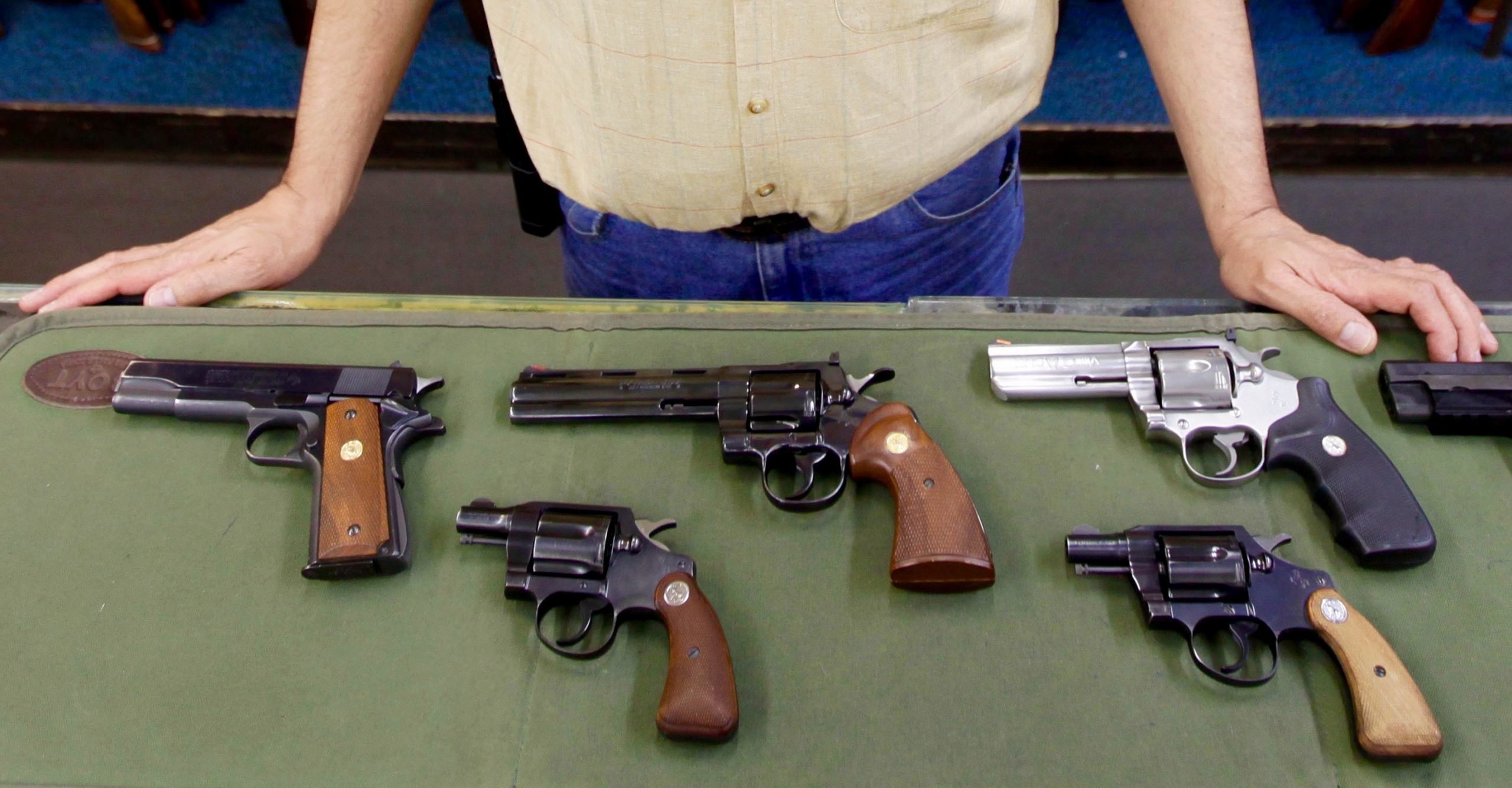Chicago is experiencing a surge in violence not seen since the early 1990s, a grim development that many observers have attributed to a softening of police vigilance in the wake of a video released in November that shows a white city cop shooting a black teenager 16 times.
Rank and file officers are demoralized, according to media reports, and are policing less aggressively than before. The number of street stops has fallen sharply in recent months, even as the number of shooting deaths in the city has spiked.
But at least one measure of police assertiveness — often touted by the Chicago Police Department itself as evidence of a robust law enforcement response to the epidemic of gun violence — has remained constant. In the first three months of the year, through the end of March, police confiscated 1,100 firearms, according to monthly seizure numbers provided by the Chicago police research division in response to a public records request from The Trace. By comparison, officers seized 1,112 guns in the first three months of last year — a mere 12-gun difference.
From 2007 to 2015, Chicago police seized, on average, 1,221 guns in the first three months of the year. (The high for the quarter was 1,403 in 2010. The low was 898 in 2008.)
These numbers do not include firearms turned in by the public.
Chicago police have long emphasized the importance of removing illegal firearms from the streets. The department recovers more guns per capita than Los Angeles and New York City combined. Last July, The Trace calculated that the CPD was seizing an illegal gun every 75 minutes.
“We look at guns every single day,” CPD spokesperson Anthony Guglielmi tells The Trace. “The number of guns on the street is unacceptable.”
The easy availability of illegal guns in the city also makes it difficult to ascertain whether seizures have a measurable impact on reducing firearm-inflicted violence. While there is more broadly a strong correlation between gun violence and gun availability in the U.S., it is possible that in Chicago the people most likely to commit violence are quickly and easily replacing weapons as soon as they are confiscated by police.
It is also possible that if not for the seizures, there would be even more killing.
“It’s an issue the city has been grappling with for a long time,” Guglielmi says.
[Photo: Flickr user Michael Kappel]


